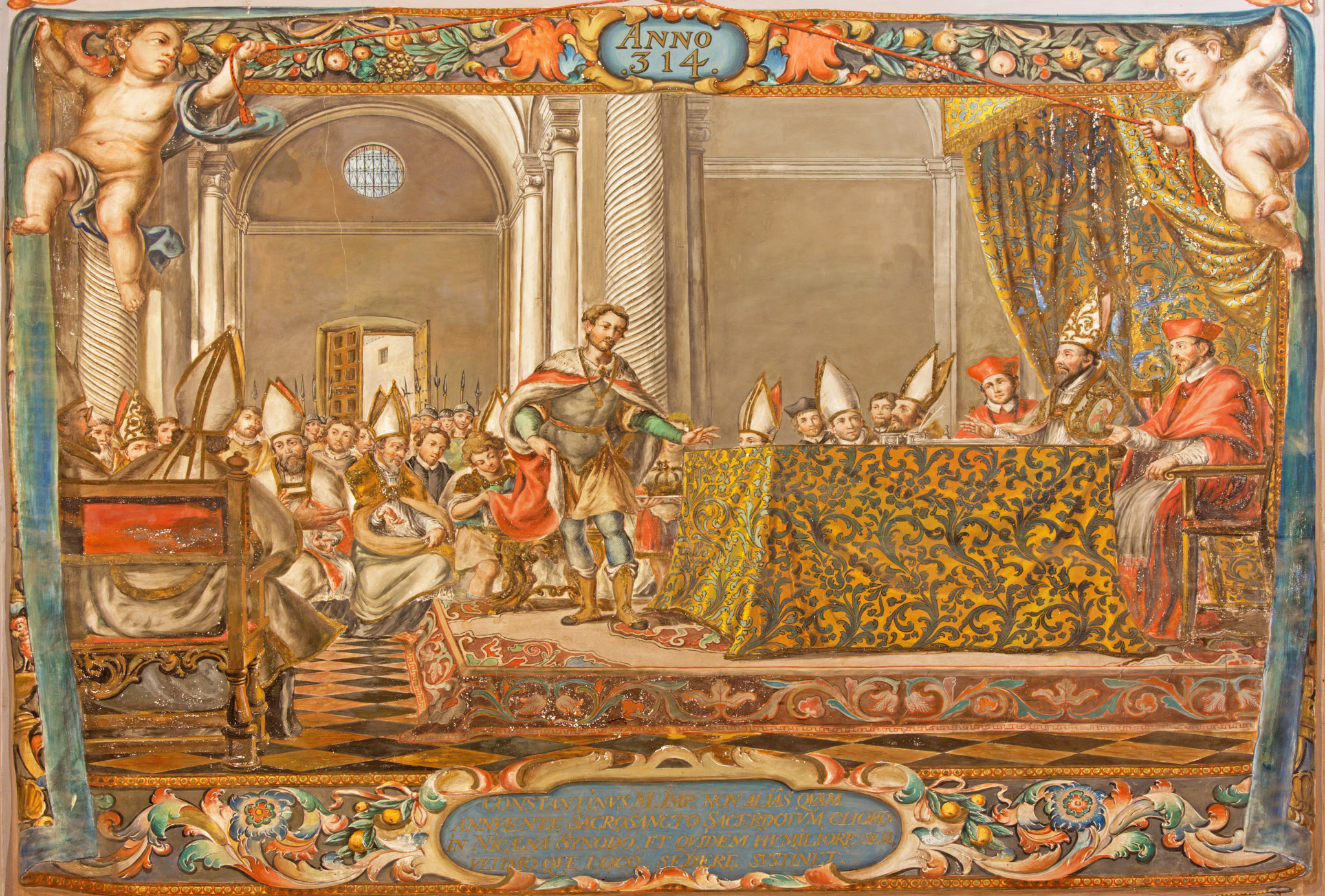IPHC Considers the Significance of the Council of Nicaea
These two insightful articles offer rich perspectives on the lasting impact of the Council of Nicaea, 1700 years after it shaped the Christian faith. Dr. Harold D. Hunter’s “The 2025 Nicaea Centenary” explores how the Nicene Creed continues to influence Pentecostal identity and the broader Christian community, reminding readers of the Church’s shared foundation in Christ. Rev. Martin Hoegger’s “Nicaea and the Separation Between the Church and the Synagogue” invites reflection on how Nicaea deepened the divide between Christians and Jews and challenges believers today to pursue understanding, repentance, and reconciliation. Together, these articles provide a thoughtful and balanced look at Nicaea’s legacy—both its theological triumphs and its historical lessons for unity in the body of Christ.
-
“The 2025 Nicaea Centenary”
Dr. Harold D. Hunter reflects on the 1700th anniversary of the Council of Nicaea in 2025, explaining its lasting impact on Christian belief and its relevance for Pentecostal traditions today. He recounts his visit to the original Nicaea site and discusses how the Nicene Creed affirmed the divinity of Christ and shaped historic Christianity. Hunter connects this to the heritage of the International Pentecostal Holiness Church (IPHC), whose founders—J.H. King and G.F. Taylor—valued early church creeds while emphasizing unity within the larger body of Christ. The article highlights the IPHC’s ongoing balance between honoring its Pentecostal distinctives and engaging with the broader Christian tradition in shared mission and faith.
Click below for the full article.
-
"The Council of Nicaea and Judaism"
This article by Swiss Reformed Pastor Martin Hoegger examines how the Council of Nicaea (325 AD)— best known for affirming the divinity of Jesus— deepened the separation between Christianity and Judaism. While the Nicene Creed unified Christian doctrine, the Council’s canons and Emperor Constantine’s letters reflected strong anti-Jewish sentiment, rejecting Jewish customs, festivals, and influence in Christian life. These actions led to centuries of hostility and “replacement theology,” which claimed the Church replaced Israel as God’s chosen people. Hoegger calls for reflection, repentance, and renewed Jewish-Christian relations as the Church approaches the 1700th anniversary of Nicaea in 2025.
Click below for the full article.


